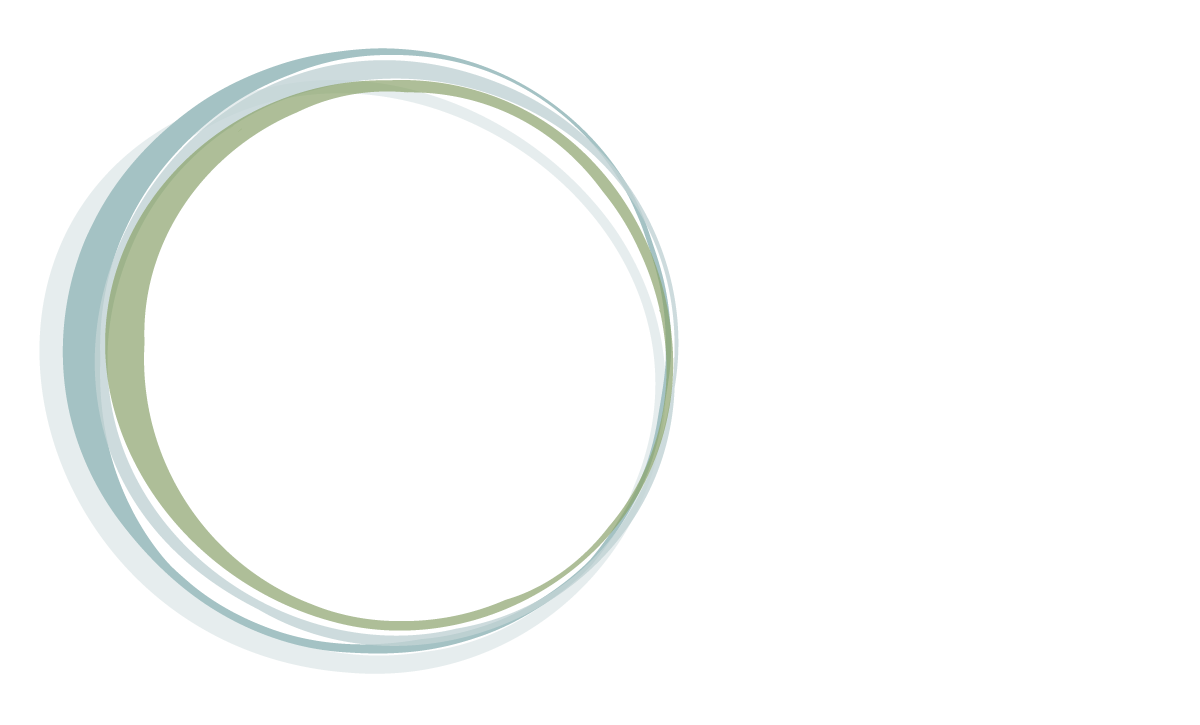Becoming Your Own Best Friend ("OBF")
At one time or another, many of us feel stuck in a rut, wanting to grow into our bigger, better selves, but not knowing how. This can feel lonely, and scary too, since growing means changing, and changing tends to feel scary more often than not. We might wonder: “Will people still like me? Will I be able to still fulfill the other roles in my life the way I expect I should? Will I still be able to support myself, my family? Do I really have time for this? Will I fail?” and so on, spinning around and around… One way to make this changing and growing feel less scary and lonely, and actually energizing, is to work to become your “own best friend” or “OBF”. In my last newsletter, I included the following quote form Daniel Siegel in Mindsight: The New Science of Personal Transformation, p. 86 , which I just re-read with the Making Room For You Book Club. [1]
Mindfulness is a form of mental activity that trains the mind to become aware of awareness itself and to pay attention to one’s own intention. As researchers have defined it, mindfulness requires paying attention to the present moment from a stance that is non-judgmental and non-reactive. It teaches self-observation; practitioners are able to describe with words the internal seascape of the mind. At the heart of this process, I believe, is a form of internal “tuning in” to oneself that enables people to become “their own best friend.” And just as our attunement to our children promotes a healthy secure attachment, tuning in to the self also promotes a foundation for resilience and flexibility. [emphasis added]
I thought you might appreciate looking at this quote a little more closely - in particular, the part I have bolded. Mindfulness is a word we hear a lot these days, and you may or may not be comfortable with what it means. I think this definition helps to make mindfulness more approachable and achievable. If you read my blog post on self-compassion, you might remember that mindfulness was one of the three elements of self-compassion, as defined by Kristin Neff.
So Daniel Siegel says that we are mindful when we tune in to ourselves which enables us to become our own best friend. This tuning in helps us to be more resilient (to bounce back from adversity) and also flexible. Resilient is a key part of well-being and happiness. To me, flexibility also connotes openness, which again is key to well-being and happiness. Sounds really good, doesn't it?
What does the term “best friend” mean to you?
For me, a “best friend” is someone I trust implicitly.
She is compassionate and understanding of my foibles and flaws. She is always available for a good hug – she is there when I need her. (My Mum taught me: “A friend in need is a friend indeed.”)
She helps me grow from a place of strength and love rather than from a place of weakness and fear.
She also challenges me to become my bigger, better self.
She really “sees” me and accepts me for who I am.I am enough for my best friend.
Don’t you yearn to be closer to your OBF? I certainly yearn to be closer to mine. I have felt/heard/seen my OBF frequently, most often when I journal. My journals are her favourite realms. That is one big reason I love journaling. Even then with all the journaling and other mindfulness work I do, it is amazing how sometimes I can forget my OBF is here, waiting to give me that "hug" and wisdom I am in need of. If only I would slow down and be still long enough to remember her presence and to listen for her quiet voice. Without some daily practice, she can be drowned out by that louder inner critic voice (aka “Gremlin”). As recently as Tuesday morning when I started writing this post, because I was tired and scattered and in a yoga class in which I was very challenged, I felt myself succumbing to my inner critic. She was saying things like: “You are not good enough to be here, everyone is so much better at yoga than you are. You are stiff and inflexible. You don’t belong here… blah, blah, blah.” But, luckily I was quiet and still enough for me to hear my OBF say, “Milisa, you like a challenge. You are going to learn something today and you know it. When you take a rest and do child’s pose, not only are you listening to your own body as you should be in yoga, you are also giving permission to others to slow down if they need to.” Oh, that made me feel so much better and I was able to find more of the opportunities in the challenges of the class. Thank you OBF!
When do you hear/feel/see your OBF?
How can you make room to tune into her more often and allow yourself to become more resilient and flexible?
[1] If you want to know more about the Making Room For You Book Group, please see the description of it here. We have read lots of books so far, including:
Love 2.0 by Barbara Fredrickson
Mindsight by Daniel Siegel
Self-Compassion by Kristin Neff
When Things Fall Apart: Heart Advice for Difficult Times by Pema Chodron
The Soul of Money by Lynne Twist
Daring Greatly by Brené Brown
If you are interested, just let me know by email (Milisa@milisaburns.com) or call me at 416 929 0274 and we can chat about it.

